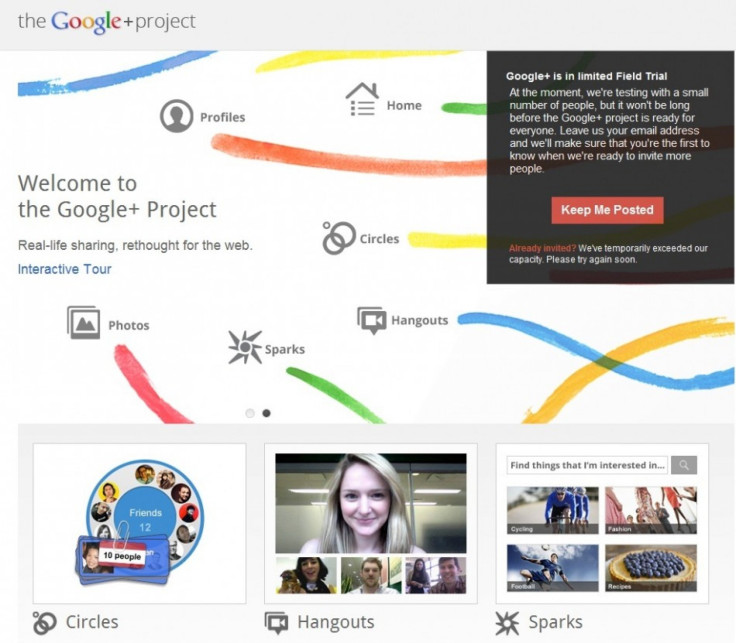Key Points in the Google+ and Facebook Battle

Google's answer to Facebook is now underway in the test phase, but already clear advantages for Google+ are evident in some areas, particularly when it comes to the key issue bugging many social media users - privacy. But that doesn't mean Google's product has a clear path to success against Facebook.
With a reported 700 million users worldwide, Facebook's privacy practices are the leading issue facing the company and Google is going directly after that point with its Google program. That won't likely be enough, however, to win the social media battle.
Key points and challenges each of the company's face in the battle Google is trying to launch against Facebook with its Google+ program include:
Privacy Policy - Facebook's privacy policy is 6,000 words long. Google has a privacy policy that's barely over 1,000 words long. While Google's policy is linked to other privacy policies, it wins in terms of clarity, using simple and clear language explaining how users should react to different problems and issues.
Privacy Controls - Facebook has been heavily criticized for its clunky, hard-to-use privacy controls. Google+ is designed to make this challenge easier. For us, said a Google vice president, privacy isn't buried six panels deep. For Google+, that's a clear advantage.
Friend Groupings - Google+ is structured similarly to Facebook, where everything is built around profile pictures and newsfeeds at a central to Facebook, but with Google+ user friends and contacts are grouped into specified circles they create, rather than having all friends lumped into one common place. The refined clustering with Google+ lets users show only what they want to show to different groups, rather than heaving to reveal all, to all.
Slow to Change - Facebook has what some estimates cite as 700 million users. Many of those users have friend pools near the maximum allowed of 5,000. People are often slow to change to new technologies or services when they have contacts established that are not easily transferable. Gaining new users based on Facebook's entrenchment will be hard, as even if users like Google+ in theory, they may not rush to leave Facebook unless friends defect as well.
Combined Packaging - Google+ effectively combines the Facebook and Twitter social media programs into one, allowing users to have friends they can share with, and specific groups of friends they can cluster in circles, but they can also follow others, including celebrities or companies, like they can on Twitter.
Multiple Tools - Google+ has the advatnage, if it gains traction once the program is released beyond field trial level, of tying into the companies many other tools and web properties, down to its namesake search bar, while Facebook is more internal in nature, requiring users to bring those connectivity tools in. Google+ will offer a special video chat feature, allowing up to 10 people to be in on a conference call, and Google will also store photos automatically taken on cell phones on its Internet servers, allowing Google users to access them from any computer and share them on their site.
© Copyright IBTimes 2024. All rights reserved.











